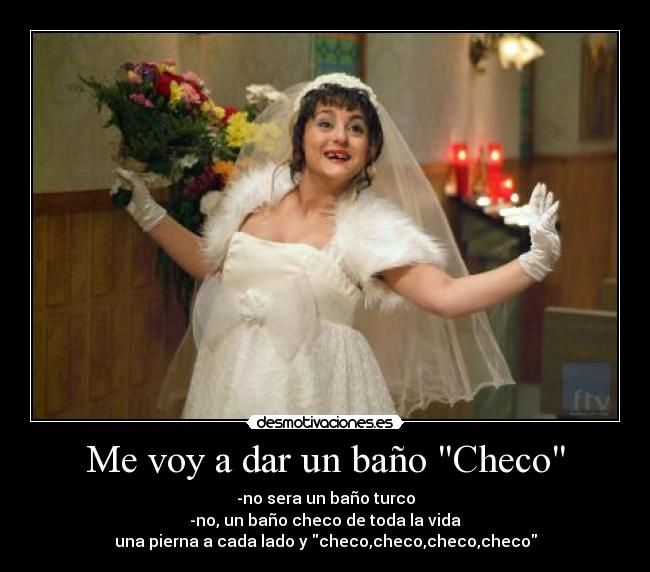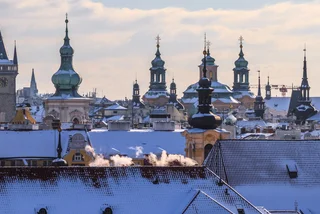In English, one might “go Dutch” (split the bill), overhear some “Chinese whispers” (inaccurate information spread by gossip), or apologize for swearing by saying “Pardon my French.”
But we don’t have a widely-used term that invokes the Czech nation or its people – – though the widely-used “Bohemian lifestyle” has its roots in what is today the Czech Republic.
Sayings about Czechs exist in other languages, however, and some even amusingly go to show what the country’s European neighbors think of Czechs and the Czech nation.
In a recent post on r/AskEurope, a curious Czech asked the community for any sayings in European languages about Czechs or the Czech Republic… and received some interesting results:
German: “Das sind böhmisches Dorf für mich” (“These are bohemian villages to me”)
This one has the same meaning as the English “It’s all Greek to me”: the speaker is referring something they are unable to understand/comprehend.
The phrase dates back to the 15th-Century Hapsburg dynasty, when German speakers had difficulty understanding the Czech names of locations to their east.
Spanish: “Baño checo” (“[to take a] Czech bath”)
In English, the derogatory equivalent to this one might be a “Portuguese shower” or “French bath”: a quick cleansing or masking of one’s dirtiest parts.
The Spanish phrase, however, may have some more interesting roots. In addition to sounding like baño seco (dry bath), “Checo” is also, apparently, the sound of a palm slapping naked skin.

– I’m going to have a “Czech” bath / – Don’t you mean a Turkish bath? / – No, the Czech bath of a lifetime, spread both legs and then “check, check, check, check.”
Croatian: “Blijed kao Čeh” (“as pale as a Czech”)
In English, you might be as pale as a ghost. But in Croatian, the whitest-of-whites is deemed to be a Czech.
This is likely a result of the large influx of Czech tourists, and their untanned skin tones, to the beaches of Croatia over the past century.
Hungarian: “Csehül van” ([to be in the [Czech way]”)
In Hungarian, to be in the “Czech way” means to feel sick/bad, and to refer to something or someone as “Czech” is often a pejorative.
This dates back to times when the countries shared borders, and the tense relationship between them (the Czech language also features more than a few Hungarian pejoratives).
Slovak: “Český turista” (Czech tourist)
Perhaps more modern than the other examples on this list given the two country’s recent history, a “Czech tourist” in Slovak is something of a city slicker, or someone who is woefully under-equipped to navigate his surroundings.
This one has become so popular it even has its own song:












 Reading time: 2 minutes
Reading time: 2 minutes 




























